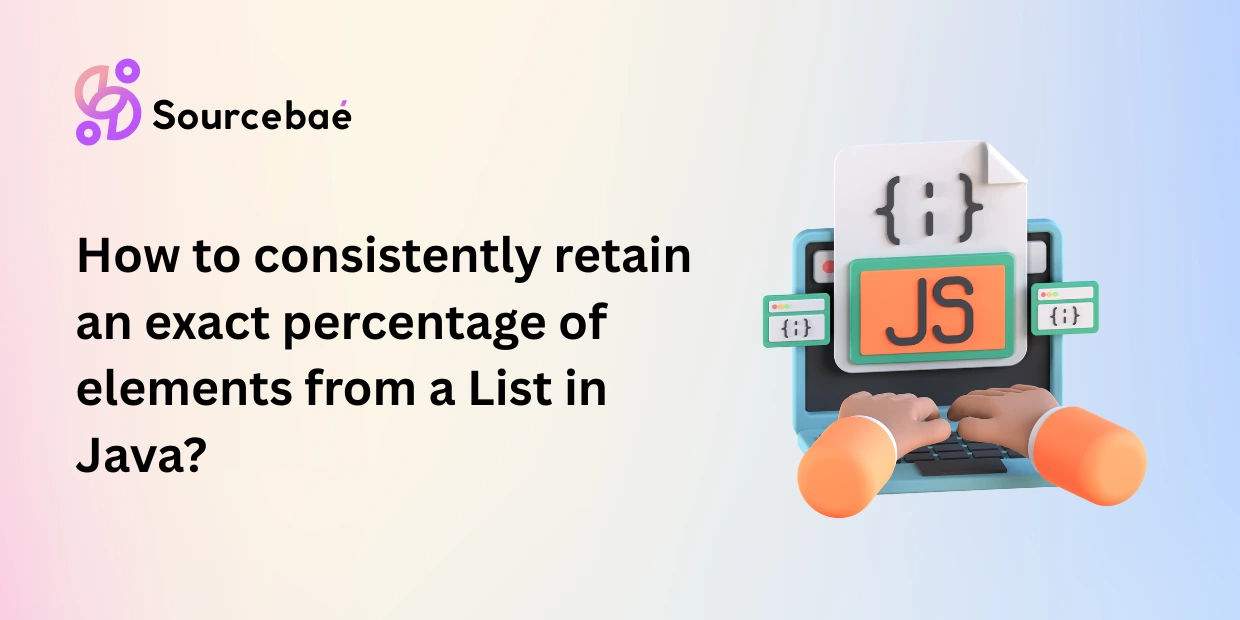Java is still one of the most popular and widely used programming languages in today’s digital age. It powers a plethora of applications, websites, and software solutions in various industries.
If you want to become a successful Java developer in 2023, this article will walk you through the necessary steps and requirements.
This comprehensive guide will provide valuable insights to help you achieve your goals, whether you are a beginner looking to begin your journey or an experienced Java developer looking to improve your skills.
Who is a Java Developer?
A Java developer is a software professional who specializes in creating, testing, and maintaining Java-based applications. They are well-versed in the Java programming language, frameworks, and libraries.
Java developers are responsible for creating efficient and dependable software solutions that meet specific needs.
They work with cross-functional teams to analyze user requirements and translate them into functional code.

What are the Responsibilities of a Java Developer?
Java developers are responsible for many different kinds of tasks that ensure the successful development and maintenance of software applications.
Some key responsibilities of Java developers are:
Application Development
Java developers use Java and related technologies to create and implement software applications.
They create functional and efficient software by writing code, building modules, and integrating various components.
Bug Fixing and Troubleshooting
Identifying and resolving bugs and errors in software is an important part of the job of a Java developer.
They perform extensive testing, debugging, and troubleshooting to ensure the software works as intended.
Communication and Collaboration
Java developers frequently work in teams with project managers, designers, and other developers.
Effective communication and teamwork skills are required for project completion.
Performance Optimization
Another important responsibility is to improve the performance and efficiency of Java applications.
Java developers optimize code, improve algorithms, and use best practices to ensure optimal software performance.
Continuous Learning
A Java developer must keep up with the latest trends, techniques, and frameworks in the Java ecosystem.
They constantly expand their knowledge and skills to provide high-quality solutions.
What are the Requirements to Become a Java Developer?
To be a successful Java developer, you require a combination of education, skills, and hands-on experience.
The following are the essential requirements for pursuing this career path:
1. Education
Most employers prefer a bachelor’s degree in computer science, software engineering, or a related field. On the other hand, practical coding skills and experience can compensate for the lack of a formal degree.
2. Knowledge of Java
You must have a good understanding of the Java programming language.
Learn the fundamentals of Java, including syntax, object-oriented programming (OOP), and data structures.
Write clean, efficient, and maintainable code.
3. Knowledge of Development Tools
Become acquainted with popular Java development tools such as Integrated Development Environments (IDEs), Eclipse or IntelliJ IDEA, build tools such as Maven or Gradle, and version control systems such as Git.
4. Knowledge of Frameworks and Libraries
Gain expertise in Java frameworks and libraries, including Spring, Hibernate, and JavaFX.
These tools can greatly simplify the development process and increase your productivity.
5. Database Knowledge
Java developers frequently use databases to store and retrieve data.
Learn the fundamentals of SQL and how to interact with databases using technologies like JDBC or JPA.
6. Web Development
Web applications are extremely important in today’s digital landscape.
For developing robust web applications, get familiar with web development technologies such as HTML, CSS, JavaScript, and frameworks like Spring Boot.
7. Problem-Solving Skills
Java developers must be skilled problem solvers. Improve your analytical and critical thinking skills in order to solve complex coding problems.
8. Continuous Learning
Technology is constantly changing, and as a Java developer, it’s critical to stay up to date on the latest trends, frameworks, and best practices.
Explore online resources, participate in coding challenges, attend workshops, or join developer communities.
Engage in Java forums, blogs, and podcasts to broaden your knowledge and stay ahead of the competition.
9. Create a Portfolio
Employers frequently look for practical experience when hiring Java developers. Create a portfolio of projects that highlight your skills and abilities.
Begin with small personal projects and work up to more complex applications. Contributions to open-source projects or internships can enhance your portfolio and demonstrate your dedication to the field.
10. Communication and Collaboration Skills
As a Java developer, you’ll be interacting with team members, clients, and stakeholders on a regular basis.
Understanding project requirements, resolving issues, and delivering results all require effective communication and collaboration skills.
Improve your interpersonal skills and learn how to communicate technical concepts to non-technical people.
Frequently Asked Questions (FAQs)
Q1: How long does it take to become a Java developer?
The time it takes to become a Java developer depends on various factors, including prior programming experience, learning dedication, and educational background.
Gaining proficiency in a few months is possible with focused learning and practice.
However, becoming a highly skilled and successful Java developer usually requires years of continuous learning and practical experience.
Q2: Is a degree required to become a Java developer?
While a formal degree in computer science or a related field is beneficial, it is not always required.
A strong portfolio, practical coding skills, and relevant certifications can compensate for the lack of a degree.
Employers frequently place a higher value on practical experience and demonstrated abilities than on formal education.
Q3: Is Java still relevant in 2023?
Without a doubt! In 2023, Java will remain a popular and widely used programming language.
Java’s adaptability, stability, and vast ecosystem of frameworks and libraries ensure its continued relevance and demand in the software development industry.
Q4: How can I keep current on Java technologies and trends?
To stay current on Java technologies and trends, subscribe to reputable Java blogs, websites, and forums. Join online communities and attend conferences, webinars, and workshops.
Additionally, look into online learning platforms that provide courses and tutorials on the most recent Java technologies and frameworks.
Q.5: What are the job prospects for Java developers?
Java developers have a bright future in the software development industry. Because Java is widely used in various domains, including web development, mobile app development, and enterprise systems, there is a consistent demand for skilled Java developers.
There are job opportunities in both large corporations and small startups, with competitive salaries and room for advancement.
Java developers can also pursue freelance work, consulting positions, and even start their own businesses.
These blogs will be a valuable resource for you if you want to know more about Java.
Conclusion
You can pave the way for a successful career in Java development by mastering the core concepts of Java programming, becoming familiar with relevant frameworks and tools, constantly learning and staying updated, and building a strong portfolio of projects.
Remember to embrace challenges, work well with others, and demonstrate your problem-solving abilities.
You can become a successful Java developer in 2023 and beyond with dedication and a passion for coding.






